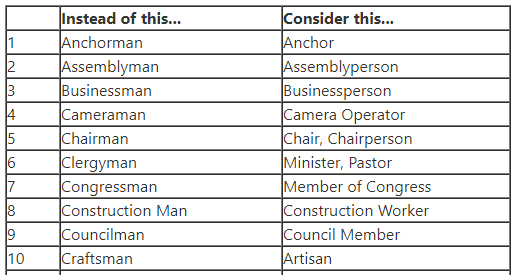I arrived in the U.S when I was 7 years old and although many would consider themselves Mexican American or Chicanx (because of their young arrival to the U.S), I would prefer to be identified as Mexican. Although I have not experienced being a civilian in Mexico for a long period of time, I do identify with Mexican culture and I was born there, so this makes me Mexican in my opinion. Many people tell me I am just as American as any other person regardless of my status, but what I do not think people understand is that my goal is not to be called American or any one particular nationality. People say America is not a white America, they say it is a melting pot built on diversity, and I agree that it is built on diversity, but it is not built on inclusion, acceptance, acknowledgement or validation (for the most part). To have this wonderful America that everyone talks about, we need to work for it. I would rather not call myself American in respect to Native American’s whose life, family, traditions, customs, and language was taken away. This country has institutionalized racism, and to have an inclusive America, changes need to be made in the government and we do this by voting. One reason why I do not call myself Chicanx, is because of its bad reputation and stereotypes, though I have learned over time that I have to reclaim my power as a undocumented Mexican living in the U.S and not let this bother me. To sum it up, I would rather you identify me by my character, name, what I like, and even age. But for formality purposes I am Latinx, and I am Mexican.
An interesting theory in “Critical work on language and philosophy of language” is that of sex marking. I thought English was gender neutral at least for the most part. But reading this has opened my eyes to things I was not aware of. My native language is Spanish, and I think that there is absolutely no gender neutrality in Spanish, there is always an O or an A at the end of objects and nouns to specify gender, which is very frustrating. Looking further into this theory I see how the history of how women are looked at, takes part in this conflict. For years women’s jobs have been looked down upon and their standards have been held low. For example, women authors had to publish under false (or maiden) names because they were either not allowed to publish or their work was perceived as having a lack of quality. The thought that women are not qualified enough is still present. Although not overtly, there are many studies that prove that there is still inequality in workplaces. This can vary from pay, who gets their voice heard, and who gets promoted. When talking about professions whose title is gender neutral, the problem is that some people unconsciously try to find out the sex of this person. I personally have a problem with this. Many times, sex marking is used to judge people’s character a head of time and judge the quality of someone’s work. This happens in professional environments like schools, business corporations, government positions and among others. This opens a path for sexism and promotes male dominance.
